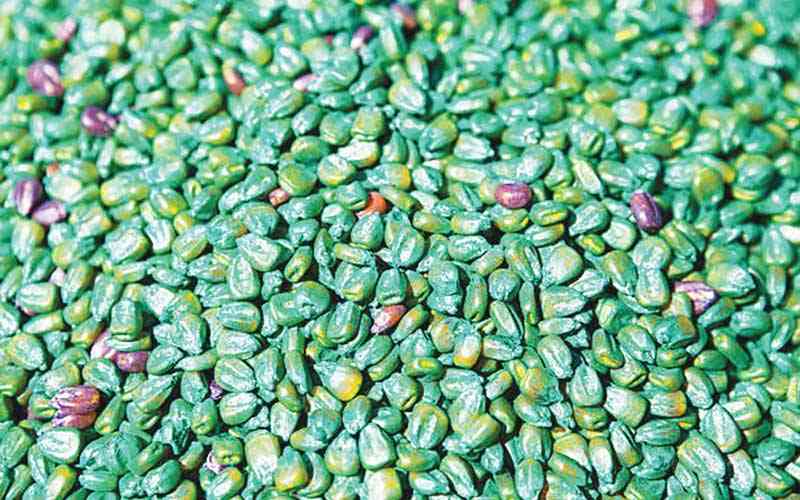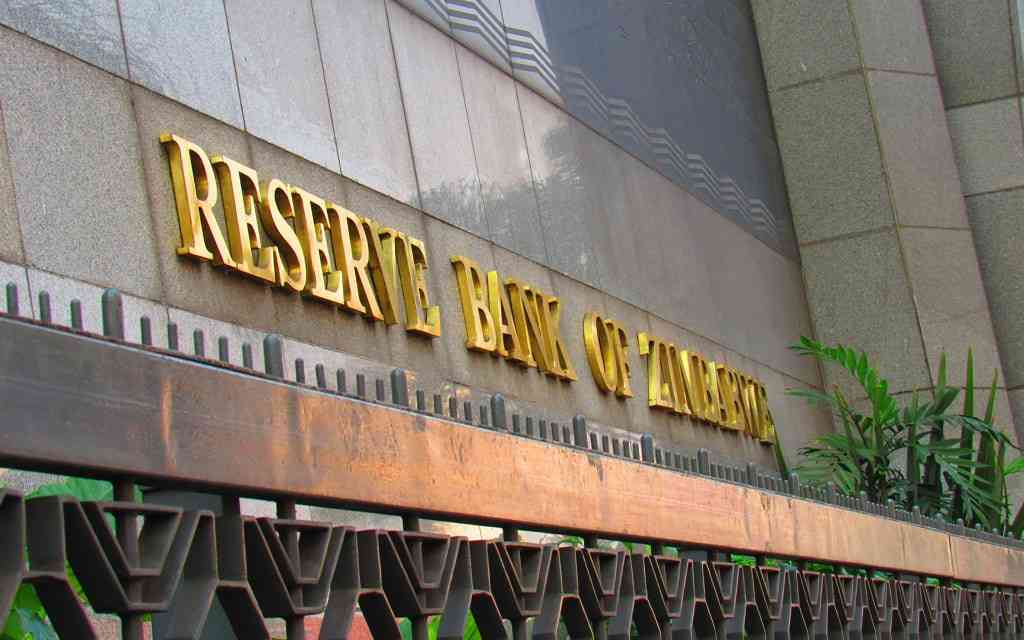
THE Zimbabwe Seed Association (ZSA) has warned that the market is susceptible to fake seed as players are struggling to procure seed dressing chemicals, packaging material and pay for distribution owing to the nearly US$62 million debt owed by the government.
The revelations by the seed producers come as a threat to the 2023/24 agricultural season.
Last week, NewsDay Business reported that a memo written by the ZSA revealed that data collected from its members showed that the government owed it US$61 778 000 for seed supplied for its 2022/23 and 2023/24 programmes to support farmers.
This debt was causing banks to limit lending, loan applications, and in some cases, cause defaults on existing loans with overall banking relations now “at their lowest level”.
However, ZSA said the debt had also caused input procurement challenges for the firms.
“Most companies are struggling to procure seed dressing chemicals, packaging material as well as pay for distribution, especially transport for PIP [Presidential inputs programme] deliveries. Gaps in product availability make the market more vulnerable to fake seed which has negative impact on crop productivity and national food security,” ZSA said, in a recent statement.
“Industry is now suffering from brain drain and poor staff morale with companies struggling to pay salaries, apparently some ZSA members owe staff backpay. Companies retrenched in 2023 and/or froze vacant posts. If there are no improvements, there will be more retrenchments in 2024 at a time when the government is pushing for job creation.”
ZSA said seed companies were now failing to retain professional and experienced staff, losing it to the diaspora.
- Seed Co muscled out of Pfumvudza
- 'We've enough maize seed for 202223 season'
- Agric extension workers incapacitated, overstretched
- Zim fights climate change with new seed varieties
Keep Reading
“Companies have been forced to revise the research and development investments as well as some services to the farmers,” ZSA said.
“Particularly hit are the non-hybrid crop varieties whose returns on investments are very low such as millets, African peas, groundnuts, yet the government is promoting such crops for crop diversification, food and nutrition security, climate smart agriculture.”
As a result, some of these seed firms are struggling to meet tax obligations, pay Zesa, the Zimbabwe National Water Authority, and other service providers.
ZSA urged the government to quickly resolve the issue by making the payments partly in foreign currency.
Seed Co Limited, one of the seed firms owed by the government, reported that its debtors’ book stood at ZWL$135 billion as of the end of September. This was owing to prior year government related debts, current year winter cereal credit sales, and the revaluation of US$-denominated grower advances.
However, in its half year report ended September 30, 2023, Seed Co Limited said despite the harsh and uncertain operating environment, the business was committed to remain the most preferred as well as trusted producer and seed supplier.
“Going forward the business is focusing on increasing the contribution of exports and US$-denominated sales as well as pricing right while containing costs,” Seed Co said.
“The regional associate business is poised to continue the growth trend established in the first half leveraging on its diversified geographical footprint and climate smart products to respond to the favourable and unfavourable El Nino weather conditions in east Africa and southern African respectively.”
Seed Co said the company had an optimal varietal mix of seed suitable for both drought and good rainfall seasons.











